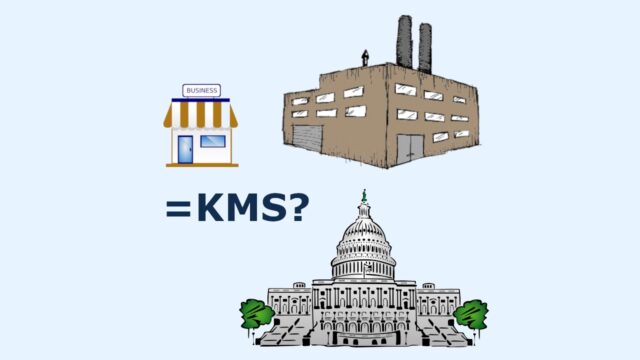
The pivotal role of the owner-manager in knowledge management in SMEs
This article is part of a series looking at knowledge management (KM) in small and medium enterprises (SMEs).
Small and medium enterprises (SMEs) make a significant economic contribution, but as we’ve previously discussed, SMEs are behind large organisations in regard to knowledge management (KM) practices.
To help advance KM in SMEs, a recently published University of Leicester doctoral thesis1 by Dimitrios I. Andronikou has sought answers to three basic questions:
- How do owners/managers and employees, if at all, understand and practice KM in SMEs?
- How do the nature and structure of relations among the members of an organisation shape KM in SMEs?
- How do issues of power and control shape KM in SMEs?
A qualitative research approach was applied involving a literature review and 21 semi-structured interviews with the basic actors in SMEs, being owners/owner-managers, managers, and employees. The research included micro enterprises with less than 10 employees, with Andronikou advising that much of the existing literature on SMEs is mainly focused on larger enterprises.
The research verified the findings of previous research showing that SMEs mainly apply informal KM without referring to formal terminology and KM structures. Even participants who were not aware of the concept of KM could understand the five basic KM activities identified by Andronikou and how these were implemented in their organisation. The five basic activities are knowledge identification, knowledge acquisition/creation, knowledge storage, knowledge sharing, and use of knowledge.
Some variation in participant views was found, which Andronikou concludes is due to the heterogeneity of SMEs in terms of size, business sector, ownership status, level of information technology (IT), and the extent to which they can be characterised as knowledge-intensive companies or labour/capital-intensive companies.
The pivotal role of the owner-manager
A notable finding from the research is that the SME owner-manager plays a pivotal role in KM implementation. Andronikou identified the ‘many faces’ of the owner-manager and their role in regard to KM within the organisation in relation to social and power dimensions, stating that:
Owner-managers’ understanding and practice of KM is informed by a synthesis of contextual factors, social beliefs, cognitive beliefs, business beliefs, educational background and relevant personal experiences within a dynamic ever-changing environment. The nature and structure of relations among the members of an organisation influences positively or negatively the KM in SMEs due to the owner-manager’s intervention and interaction with the personnel. The nature and structure of relations is also associated with issues of power and control which shape KM proactively and interactively.
Some owner-managers, especially of micro enterprises, tend to build their teams with people that fit in as much as possible with the social beliefs of the existing group. Some owner-managers build flat management structures which act to reduce antagonistic behaviour among employees. This benefits KM because insecurity and antagonism in an organisation are primary causes of ‘knowledge is power’ knowledge hoarding behaviour.
Three factors
From the research, Andronikou identifies three distinct factors that will determine how the owner-manager will influence KM in their organisation:
- Is it a family business? KM in these organisations is influenced by the owner-manager’s succession plans. In many family businesses, KM is seen as a private-personal issue, rather than an organisational one, so the owner-manager does not involve the personnel in KM activities. However, the family businesses that best survived difficult economic times were those that actively evolved to embrace an organisational culture which is supportive of KM.
- To what extent do owner-managers see their company as labour/capital-intensive with personnel of a lower level of skills and/or education, or alternatively knowledge-intensive? Owner-managers from knowledge-intensive organisations considered that KM was inconceivable without the active involvement of employees, and that organisational learning is a continuous process.
- Is the the nature of work in the organisation highly dependent on the collective effort of the team, in order to accomplish a mission or a project? This type of organisation represents a democratic version of KM, where all the members of the organisation participate on an equal footing in all KM activities and decision-making.
Reference:
- Andronikou, D. (2018). The Challenge of Knowledge Management in Small and Medium Enterprises (SMEs): Subjective, Social and Political Dimensions (Doctoral dissertation, School of Management). ↩
Also published on Medium.



